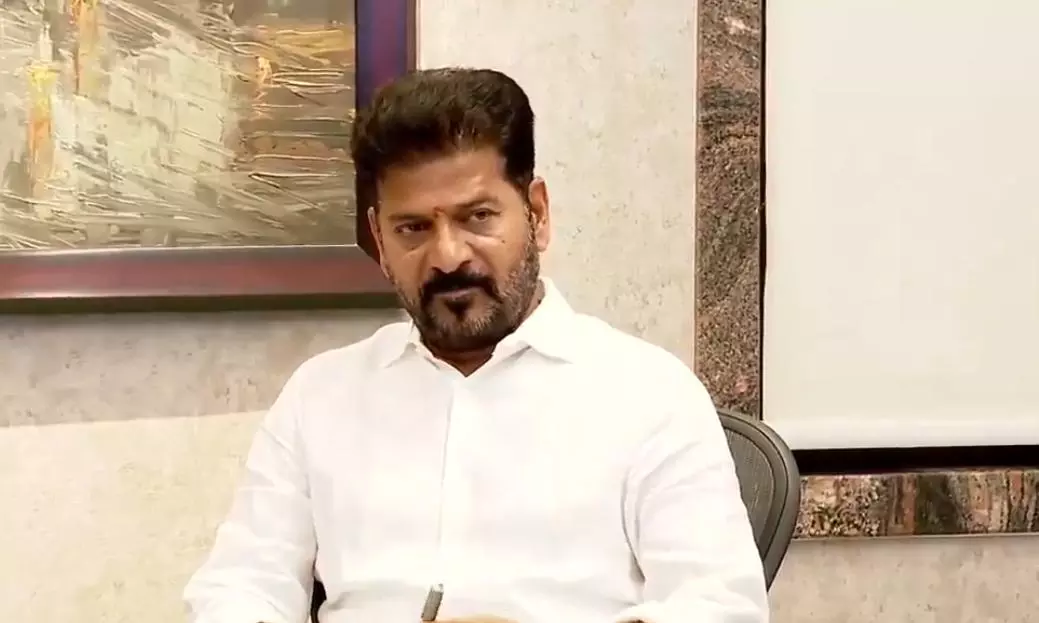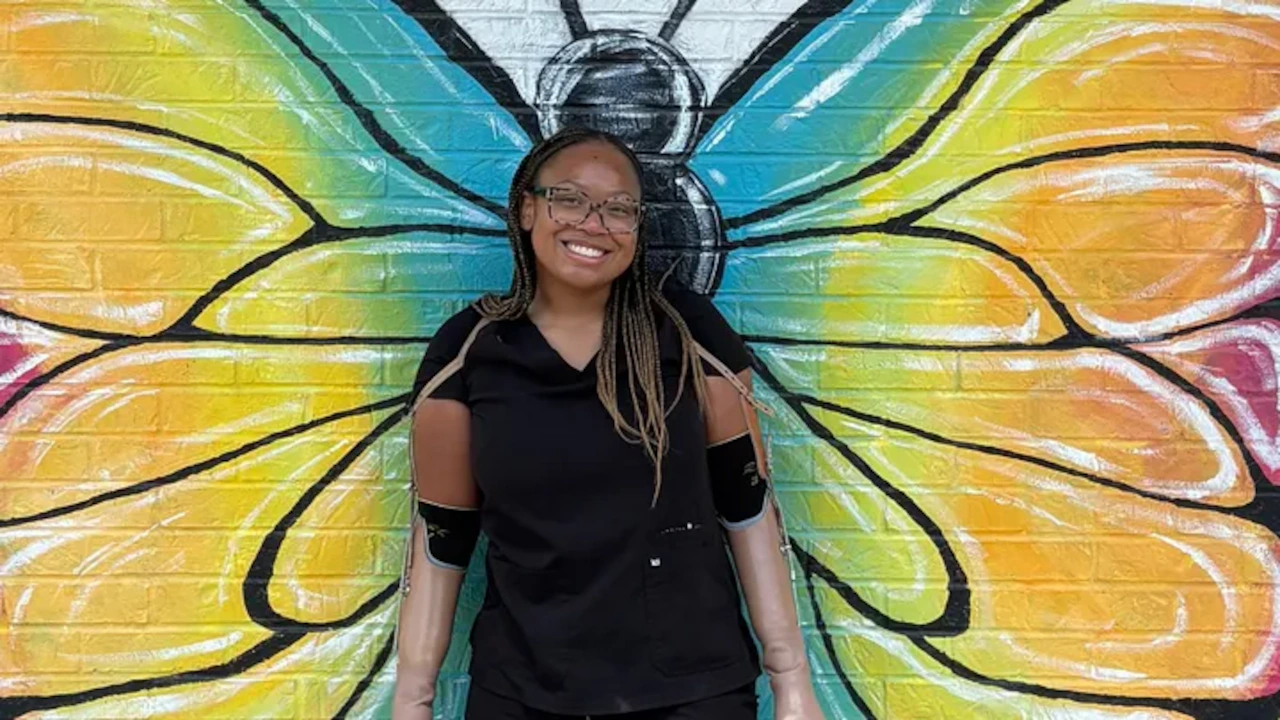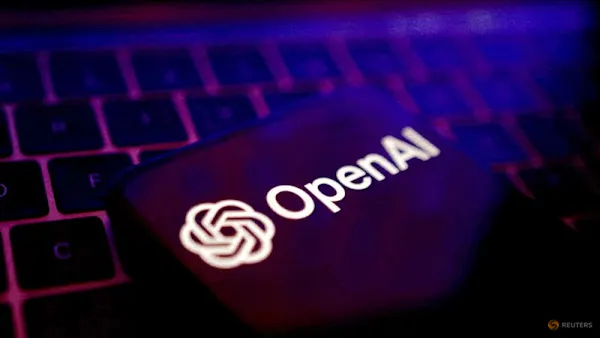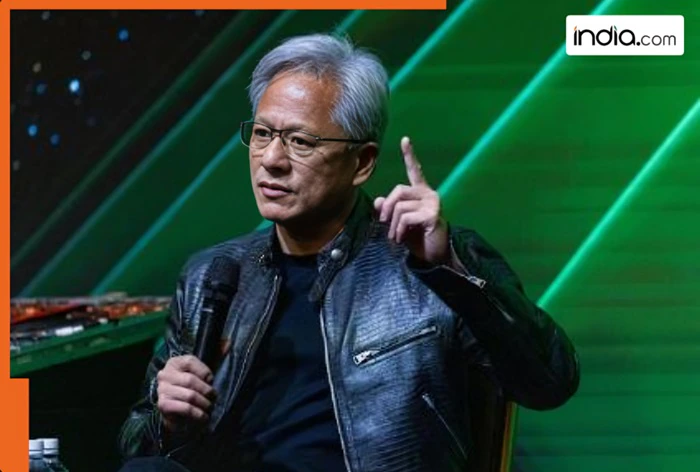Copyright Pitchfork

Universal Music Group (UMG) and Udio, an artificial intelligence (AI) developer focused on music, have reached an agreement in last year’s copyright infringement lawsuit, which UMG, Sony Music, Warner Music Group, and the Recording Industry Association of America brought against Udio and Suno. At the time, UMG accused Udio of copyright infringement on an “almost unimaginable scale” and training its AI models on the label’s recordings. A press release from UMG states that the two companies will now “collaborate on an innovative, new commercial music creation, consumption, and streaming experience,” as Billboard notes. The deal also includes a compensatory legal settlement for UMG. UMG’s lawsuit against Udio was focused solely on infringement of the company’s sound recordings; the new agreement has established a licensing framework for UMG’s sound recordings as well as songs and publishing assets. Participating UMG artists and songwriters will receive financial compensation for the training of AI models and for its outputs. The new collaborative platform launches in 2026, and UMG artists and songwriters can opt in to participate. Songs created using Udio’s current model will be “controlled within a walled garden,” fingerprinted, and filtered before the new effects go into place. “The new subscription service will transform the user engagement experience, creating a licensed and protected environment to customize, stream, and share music responsibly, on the Udio platform,” reads the press release. Billboard reports that users can create mashups, remixes, and tempo changes to existing, licensed works; swap vocals with UMG artists’ voices who opted in to the program; and can only listen to the creations within the service. In a statement, Udio co-founder and chief executive Andrew Sanchez said, “This moment brings to life everything we’ve been building toward—uniting AI and the music industry in a way that truly champions artists. Together, we’re building the technological and business landscape that will fundamentally expand what’s possible in music creation and engagement.” UMG chairman and chief executive Lucian Grainge added, “These new agreements with Udio demonstrate our commitment to do what’s right by our artists and songwriters, whether that means embracing new technologies, developing new business models, diversifying revenue streams or beyond. We look forward to working with Andrew who shares our belief that together, we can foster a healthy commercial AI ecosystem in which artists, songwriters, music companies and technology companies can all flourish and create incredible experiences for fans.” In recent years, UMG also struck deals with Klay, SoundLabs, and Pro-Rada, all three of whom it calls “responsible” AI music companies. Sony and Warner are still involved in their respective lawsuits against Udio and Suno. In June 2024, the music industry body accused the AI companies of lifting copyrighted music to “saturate the market with machine-generated content that will directly compete with, cheapen, and ultimately drown out the genuine sound recordings on which [the services were] built.” Cited in the lawsuit as circumstantial evidence were the voices of Michael Jackson, Bruce Springsteen, and ABBA; the producer tags of Cash Money AP and Jason Derulo; and music of Mariah Carey’s “All I Want for Christmas Is You,” the Beach Boys’ “I Get Around,” Green Day’s “American Idiot,” among others. Coverage of Metro Boomin’s viral song “BBL Drizzy,” which mimics Drake’s voice with Udio AI, was also cited in the Udio lawsuit. UMG, along with the other music industry plaintiffs, claimed that AI companies were obligated to abide by copyright law like every other business. The lawsuits sought declarations that Udio and Suno infringed their copyrighted sound recordings, injunctions barring the AI services from doing the same again, and damages for the infringements that already occurred.



